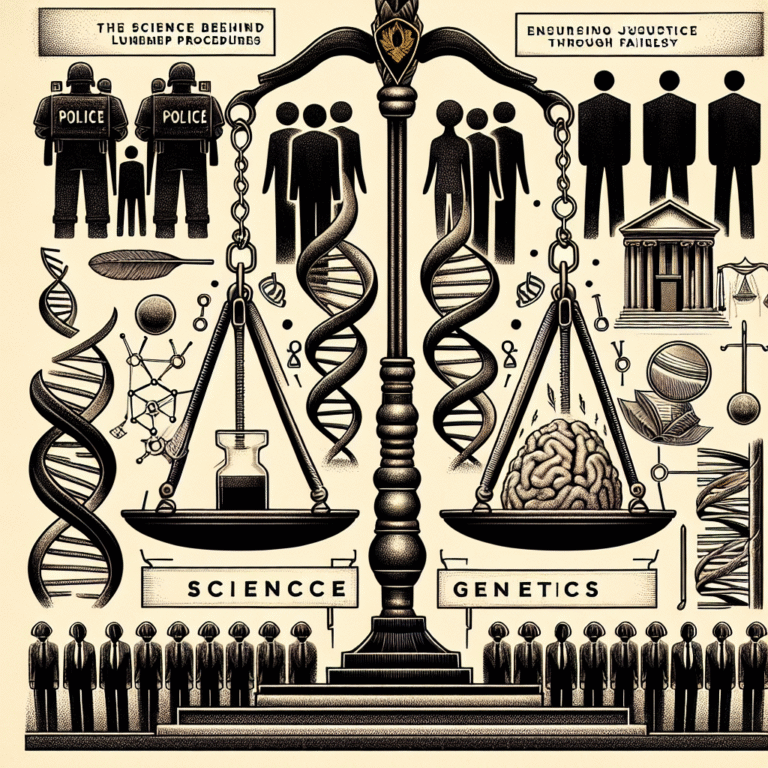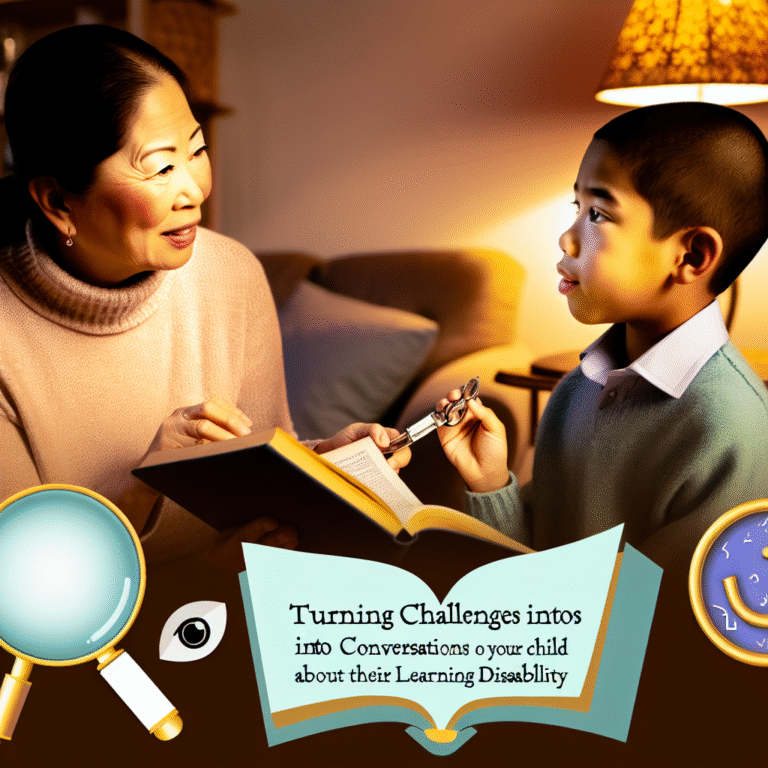
Introduction
Picture this: an individual, once on the wrong side of the law, is released from prison, determined to turn their life around. What’s their greatest resource in this daunting journey? Surprisingly, it’s not just access to job training or housing — it’s family support. The importance of family support in the rehabilitation of offenders cannot be overstated. Research consistently shows that strong familial ties can significantly enhance the chances of an offender successfully reintegrating into society. As we delve deeper into this vital aspect of rehabilitation, you’ll discover just how families can be the game-changer in transforming lives.
Understanding Family Dynamics in Recovery
The Role of Family in Rehabilitation
Family support plays a multifaceted role in the rehabilitation of offenders. It’s not merely about providing financial assistance; it encompasses emotional backing, motivation, and a sense of belonging. Rehabilitation is challenging and often fraught with setbacks. A supportive family can be a source of strength, helping individuals navigate through difficulties they might encounter during this transition.
Moreover, family members often hold the keys to vital resources. They can provide housing, help establish connections in the community, and offer advice based on their own experiences. The presence of a stable family unit effectively creates a safety net that can mitigate the risks of recidivism.
Case Study: The Mitchell Family
Take the example of the Mitchell family, whose son, James, was incarcerated for drug-related offenses. Upon his release, his family rallied around him, offering both emotional and financial support. They assisted him in finding employment and provided a stable living environment. Over the next two years, James not only remained offense-free but also went on to become a community leader advocating for drug awareness. His story exemplifies the importance of family support in the rehabilitation of offenders — showing that with the right backing, change is possible.
The Psychological Impact of Family Support
Emotional Stability and Motivation
Research has shown that emotional support is crucial for offenders reintegrating into society. The importance of family support in rehabilitation extends to psychological well-being. When offenders know they have a network of caring individuals rooting for them, it instills a sense of hope, increasing their motivation to change.
Family dynamics can also influence behavior. Positive reinforcement from family can create a more favorable self-image and restore confidence, which are critical in the process of rehabilitation.
Case Study: The Johnsons’ Journey
Consider the Johnsons, whose daughter, Sarah, was involved in robbery and was sentenced to five years. Upon her return, her family was pivotal in her recovery. Through regular family meetings, they established a supportive environment that encouraged her to pursue education and work. Sarah’s experience underscores the psychological benefits derived from strong family support systems during rehabilitation, illustrating that emotional backing can foster life-changing motivation.
Challenges Faced by Incarcerated Individuals
Common Obstacles
While the importance of family support in the rehabilitation of offenders is clear, it’s essential to acknowledge challenges families often face. Stigmatization, financial strain, and emotional exhaustion can create barriers to providing the necessary support.
Emotional and Financial Strain
Families of offenders frequently grapple with the fear of societal judgment, which can hinder their ability to offer genuine support. Additionally, the financial burden of supporting a loved one struggling to reintegrate can lead to increased stress, complicating familial relationships.
Strategies for Families to Support Offenders
Open Communication
Family members should engage in open dialogues with their loved ones. This creates a safe space where offenders can express their concerns and aspirations, reinforcing family bonds and promoting healing.
Establishing Boundaries
It’s crucial for families to recognize the importance of setting healthy boundaries. Support for offenders does not mean enabling negative behaviors. Families should strive to create an environment that encourages accountability.
Resources for Families
Educational programs designed for families of offenders can be instrumental. These entail workshops on communication strategies, mental health resources, and financial planning.
The Importance of Community and Family Support
Building a Network
The importance of family support in the rehabilitation of offenders can be amplified by engaging with community resources. Families should leverage local support networks, including counseling services, mentorship programs, and community engagement activities.
Collaboration with Rehabilitation Programs
Developing strong ties with rehabilitation programs and community organizations can provide invaluable resources to families. By working collaboratively, they can enhance accessibility to various rehabilitation services and provide offenders with holistic support.
Success Stories of Rehabilitation Through Family Support
Case Study: Community Impact
A nationwide program known as "Reentry and Support" helps offenders reconnect with their families while simultaneously participating in community service. The results have shown that offenders supported by their families are less likely to return to crime — one study found a 60% reduction in recidivism among participants.
Statistical Insights
| Factor | Impact on Recidivism |
|---|---|
| Family Support | Reduces by 50% |
| Employment Opportunities | Reduces by 30% |
| Community Involvement | Reduces by 40% |
| Educational Attainment | Reduces by 25% |
This table lays out the vital statistics that mark the impact of various recovery support systems, emphasizing the critical role family support plays in lowering recidivism rates.
Conclusion
The journey of rehabilitation is not one that individuals can navigate alone; the importance of family support in the rehabilitation of offenders is evident. Strong familial ties offer emotional stability, motivation, and essential resources that are pivotal for successful reintegration. By being actively involved, families can create an environment that nurtures change, accountability, and personal growth.
Change is not easy, but with family support, the odds are drastically improved. If you or someone you know is working through challenges related to this topic, remember: the road to rehabilitation is not isolated. It’s a shared journey toward a better future, filled with hope, understanding, and love.
FAQs
1. Why is family support crucial for offenders?
Family support provides emotional, psychological, and sometimes financial resources that significantly enhance the chances of successful rehabilitation and reintegration into society.
2. What if the family dynamic is strained?
If family dynamics are complex, consider seeking counseling or mediation services to facilitate healthy communication and relationship building, ensuring support remains strong and constructive.
3. How can families best support a loved one during rehabilitation?
Families can maintain open communication, set healthy boundaries, and engage in community resources and educational programs designed to assist both the offender and family members.
4. Can community support replace family support?
While community support is crucial, it often cannot replace the unique emotional bond and understanding that family members provide. Both community and family support are vital for successful rehabilitation.
5. What are some resources available for families of offenders?
Many organizations offer support, including workshops, counseling services, and mentorship programs to assist families in navigating the challenges of rehabilitation. Look for local reentry programs and community outreach initiatives.
Remember, the importance of family support in the rehabilitation of offenders is both a profound and practical aspect of fostering change. With love, patience, and dedication, families can journey alongside their loved ones toward a brighter future.















